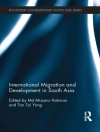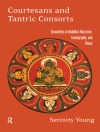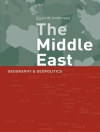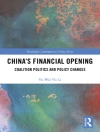After two terms as president of the Russian Federation, Vladimir Putin handed over to his hand-picked successor Dmitri Medvedev on 7 May 2008, and became prime minister. As president, Putin moved swiftly and effectively to overcome the chaotic legacy of his predecessor, post-Soviet Russia’s first president Boris Yeltsin. Focusing on rebuilding the authority of the Russian state, and taking advantage of the rise in world prices of the country’s main asset – oil and natural gas – Putin won unassailable popularity at home and caused apprehension around the world, particularly in Russia’s immediate neighbourhood. His methods of rule caused anxiety among liberals and democrats inside Russia and abroad. The legacy of Putin’s presidency poses challenges that demand interpretation. He has not departed from the Russian or the world political scene, and the need to understand and come to terms with Putin’s Russia has not diminished.These essays by an international team of authors are based on presentations to a working conference held in Naples, Italy, in May 2008, supplemented by contributions from authors who were not present at the conference, in order to present a wider selection of views and interpretations of the Putin phenomenon.This book was published as a special issue of Communist Studies and Transition Politics.
Ottorino Cappelli & Ronald J. Hill
Putin and Putinism [EPUB ebook]
Putin and Putinism [EPUB ebook]
Acquista questo ebook e ricevine 1 in più GRATIS!
Lingua Inglese ● Formato EPUB ● Pagine 216 ● ISBN 9781317967453 ● Editore Ottorino Cappelli & Ronald J. Hill ● Casa editrice Taylor and Francis ● Pubblicato 2013 ● Scaricabile 3 volte ● Moneta EUR ● ID 7119419 ● Protezione dalla copia Adobe DRM
Richiede un lettore di ebook compatibile con DRM












